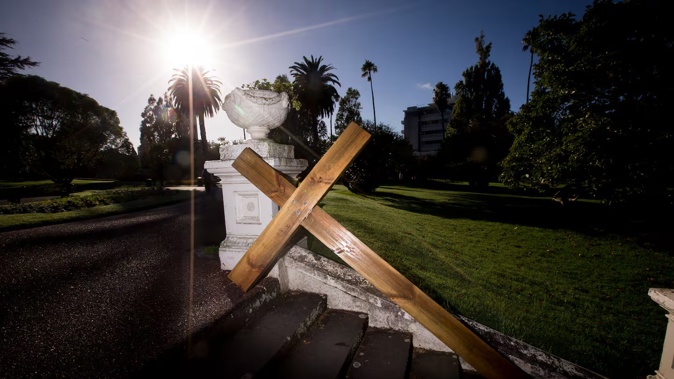
More than half of New Zealand’s population now has no religion which one expert says is being driven by a shift in young people.
Statistics New Zealand released the second tranche of Census 2023 data.
The proportion of people with “no religion” has increased from 48.2% of the population in 2018 to 51.6% or 2,576,049 people in 2023.
The largest religious group remained Christianity however the number of people who identified as Christian dropped from 36.5% in 2018 to 32.3% in 2023.
Massey University Professor Emeritus of History Peter Lineham said there has been a gradual decline of people affiliated to Christianity in particular.
“The shift is taking place in younger people who no longer see any need to connect with a religious organisation unless they have a strong commitment to it.”
Young people were previously introduced to religion by attending Sunday school, Lineham said.
“Those nets that draw in young people just don’t exist any more. There are virtually no Sunday schools.
“Parents wouldn’t dream of sending their kids to Sunday school so, there’s very little natural attraction that religions have to widespread numbers of young people.”
Sunday schools were previously seen as a way to put some morality into children but there has been a change in society’s endorsement of religion, Lineham said.
- Housing, sexuality, income - what latest Census shows about how Kiwis live
- No more freebies to complete Census; Govt considering harsher fines
- Revealed: The part of NZ which is growing fastest as Census data released
- Stats NZ predicts 2023 Census goal reached
The sacredness of Sunday was gone and religion was no longer automatically assumed to be good, he said.
The other largest religious groupings were Hindu, which increased from 2.6% in 2018 to 2.9% in 2023, and Islam, which increased from 1.3% to 1.5%.
Lineham put this down to an increase in migrants, many of whom were from India.
Justin Duckworth, one of the three Archbishops of the Anglican Church in New Zealand and Polynesia, said Aotearoa has moved away from a time where there was a “cultural normality” around the Christian faith.
As to why that’s changed, Duckworth said there has been a greater recognition of te ao Māori which he thought was a good thing.
“Across the Western world, there has also been a continuing move towards a secularist materialist worldview and a move away from traditional religious beliefs.”
Duckworth felt people were still spiritually hungry and aware but were withdrawing from inherited faith traditions in some places.
“A question we always have to ask ourselves is: Are the forms of our worshipping tradition limiting the ability for people to connect with the ultimate message that we think is important?”
The Census provided further encouragement to ask that question deeply, he said.
Take your Radio, Podcasts and Music with you









